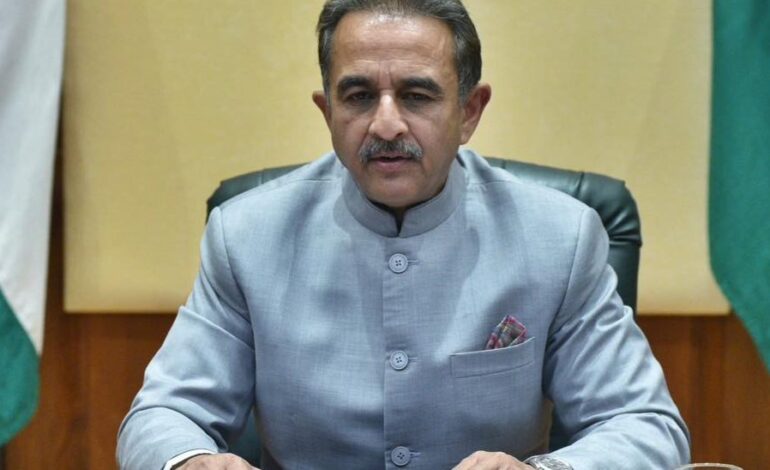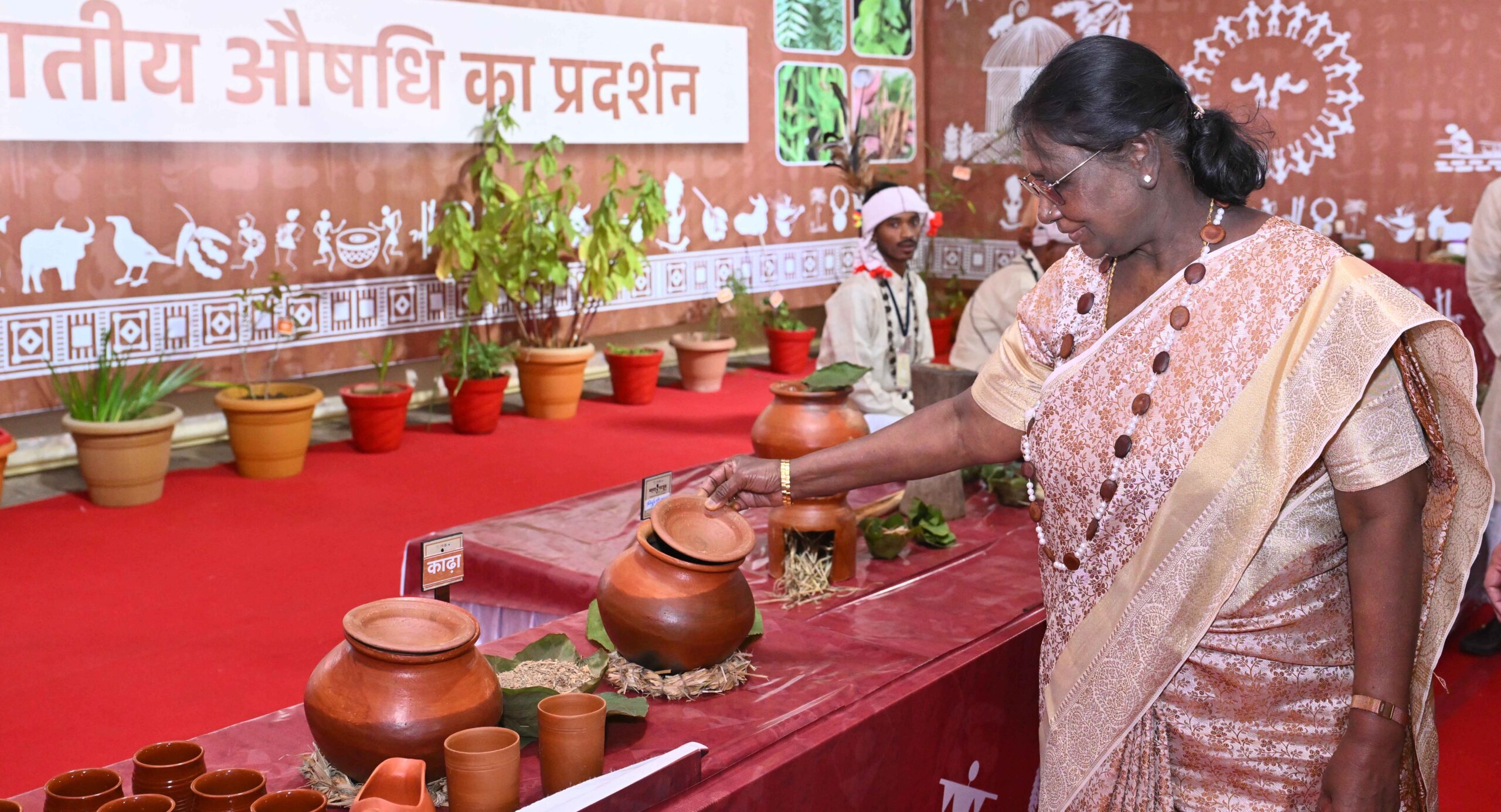New Delhi, July 24: The Government of India is ramping up efforts to combat climate change and control environmental pollution through a series of missions, schemes, and regulatory measures spanning multiple sectors including water, energy, agriculture, housing, and waste management.
In a written reply to the Rajya Sabha, Union Minister of State for Environment, Forest and Climate Change, Kirti Vardhan Singh, outlined the government’s integrated approach under the National Action Plan on Climate Change (NAPCC), which includes nine national missions — six of which focus on adaptation to strengthen climate resilience, especially for vulnerable communities.
National Clean Air Programme (NCAP)
The National Clean Air Programme is currently being implemented in 130 non-attainment and million-plus cities across 24 States/UTs, backed by a performance-linked grant of ₹13,036.52 crore. The multi-agency initiative involves coordinated action from central and state governments, urban local bodies, and stakeholders.
Real-Time Pollution Monitoring
To enhance compliance and self-regulation, the Central Pollution Control Board (CPCB) has mandated the installation of Online Continuous Effluent/Emission Monitoring Systems (OCEMS) in high-pollution industries. These systems stream real-time data to CPCB and State Pollution Control Boards (SPCBs), triggering SMS alerts whenever pollution norms are breached.
Water Quality Monitoring
CPCB, in partnership with SPCBs and PCCs, has established a National Water Quality Monitoring Network across 4,736 locations in 28 States and 7 UTs. The network includes:
- 2,155 river locations
- 909 stagnant water bodies
- 1,233 groundwater points
- 227 marine sites
- 212 treatment plants and canals
Based on Biochemical Oxygen Demand (BOD) levels, CPCB has identified 311 polluted river stretches on 279 rivers. Action plans for their rejuvenation are being implemented by River Rejuvenation Committees set up by state governments.
Solid Waste and Water Body Management
Under the Solid Waste Management Rules, 2016, local bodies are mandated to promote community-level waste processing, home composting, and bio-gas generation, while also launching public awareness campaigns. In 2019, CPCB issued Indicative Guidelines for Restoration of Water Bodies to aid rejuvenation efforts.
Nationwide Afforestation Drive
In a symbolic gesture linked to environmental protection, the Prime Minister launched the ‘Ek Ped Maa Ke Naam’ campaign on World Environment Day 2024, encouraging citizens to plant trees in honor of their mothers. Since its inception, 1.64 billion trees have been planted nationwide.
The Ministry reiterated that environmental protection, climate resilience, and pollution control are being addressed through a holistic, mission-driven approach, with continuous efforts to ensure sustainable development and ecological balance.









